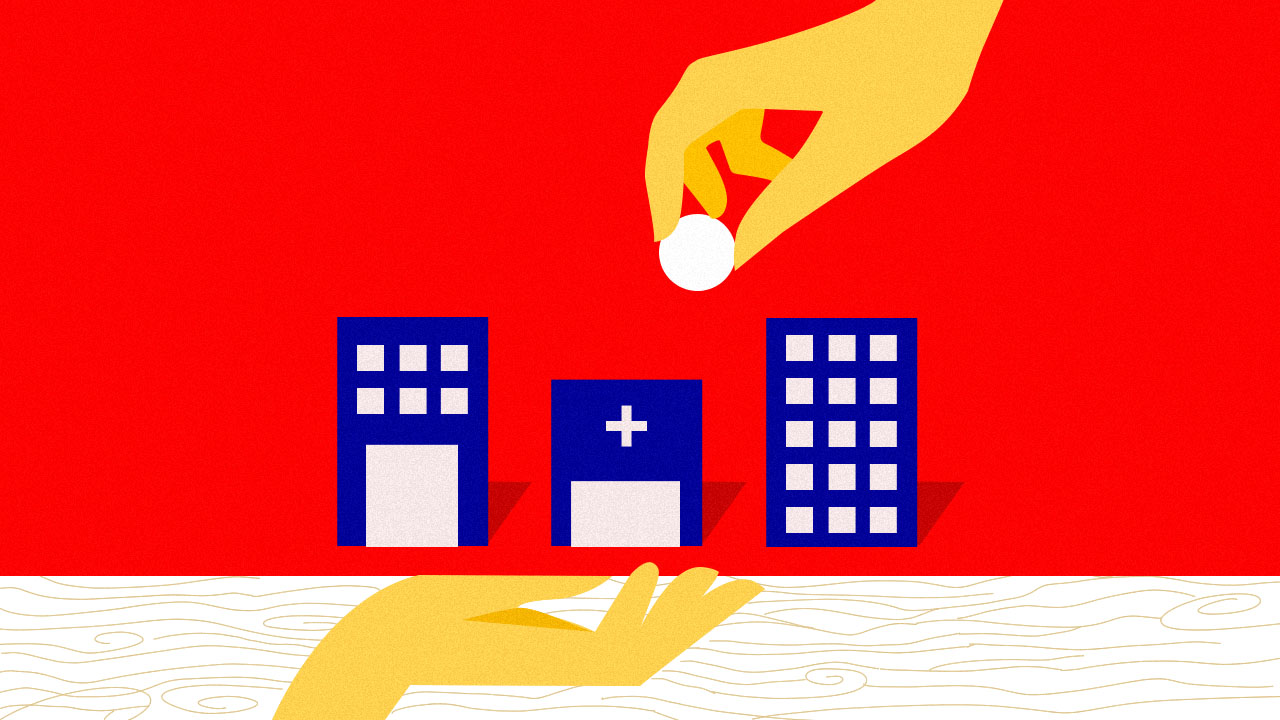Unlike any other crisis, the COVID-19 pandemic is one of the most devastating disasters entrepreneurs are facing right now. With most restaurants forced to close and others offering delivery in limited areas, entrepreneurs and restaurateurs are literally struggling to keep their businesses alive.
But in Asia, three places have stood out in the way they are handling the coronavirus crisis. Singapore, Hong Kong and Taiwan’s proactive approach says a lot about their preparedness for the unknown. Diving a little deeper into their resolutions, entrepreneurs can adapt their best practices when it comes to disaster management.
Early intervention
When an unknown disease started spreading around China in late December, Taiwan was first to act by immediately tracking and inspecting passengers coming from Wuhan. This was even before human transmission of the coronavirus had been detected. Singapore did the same three days after the announcement of the disease, isolating passengers from the epicenter with fever and respiratory symptoms. Shortly thereafter, all three imposed a travel ban on China after detecting their first imported cases.
Getting your head on straight, thinking of solutions, and being quick on your feet are good traits to acquire and master than responding at the last minute.
Acting quickly on issues will save you a lot of bandages for any possible boo-boos. Getting your head on straight, thinking of solutions, and being quick on your feet are good traits to acquire and master than responding at the last minute.
Adaptive measures
Adaptability to new practices and situations is also key in overcoming emergencies.
For Singapore, the government converted three university hostels into quarantine facilities for people arriving from affected countries to comply with the 14-day mandatory quarantine. They also used technology to monitor possible exposure via its TraceTogether app, which tracks the user’s proximity to other people and alerts authorities if someone close is positive.
Meanwhile, in-bound passengers to Taiwan were given health declaration forms by scanning a QR code upon arrival that also sped up immigration process. They can access and report their travel history and health symptoms through this online facility.
Staying open-minded with new practices and adapting to the situation can be used to your advantage.
In Hong Kong, non-essential workers were asked to work from home starting Jan. 28 to minimize foot traffic and classes were encouraged to go online in response to class cancellations. Chun Yung Estate, a newly constructed housing complex, was also converted to a quarantine facility to house suspected cases.
Staying open-minded with new practices and adapting to the situation can be used to your advantage. Case in point: the issue involving Guevarra’s. While chefs Rolando and Jac Laudico passed food safety regulations, they still used the time off to improve their facilities and policies, strengthening their foundation before reopening and coming back stronger.
Communication is key
It’s unbelievable how Singapore Prime Minister Lee Hsien Loong addresses his nation in the middle of a crisis: calm but authoritative. This goes to show how attentive and compliant Singaporeans are and how much they value transparency and trust. The government also encouraged citizens to sign up on Whatsapp for updates and announcements.
In the case of restaurants, most issues happen when the customer leaves the store or premises, when food is already out for delivery or when a takeout is stored improperly. And many customers address this through social media, making the whole internet the audience in a show you never asked for. Be smart and sincere when dealing with this. Develop a strategy, respond to comments whether positive or negative, and offer solutions. Be consistent across all platforms in order to manage it well.
Learning from experience
All the actions shown by Singapore, Hong Kong, and Taiwan against the new coronavirus disease is based on their past experience with severe acute respiratory syndrome or SARS, an epidemic that emerged in 2002.
Since 2003, Taiwan has strengthened its own Centers for Disease Control that combat the threat of communicable disease in response to its exclusion to the World Health Organization. Temperature monitors are normal setups in their airport and everyone is entitled to health insurance. Taiwanese citizens are also tracked via mobile phones, making sure that they stay indoors.
Same goes with Singapore, which drafted new travel policies, built new health infrastructures, developed technologies that aid in identifying possible cases, and disseminated information to promote awareness instead of panic. Singapore was steps ahead, exhausting all possible means to protect itself from a possible collapse.
The disaster and risk management that Singapore, Hong Kong, and Taiwan have shown is an excellent example of how proper planning can save lives, finances, and time.
Anticipating the worst case scenario injects a sense of urgency and responsibility. If any problem has happened to you or another business, assume that it might happen again. Being solutions-oriented and coming up with a crisis management plan can help you stay ahead of the game. Train your staff on safe food handling and safety protocols guided by Hazard Analysis Critical Control Point, and always assure that quality is met and customer satisfaction is guaranteed.
The disaster and risk management that Singapore, Hong Kong, and Taiwan have shown is an excellent example of how proper planning can save lives, finances, and time. Entrepreneurs shouldn’t wait for another crisis to come in order for them to be prepared. After all, crises can be avoided and prevented with the right measures and thorough planning.





